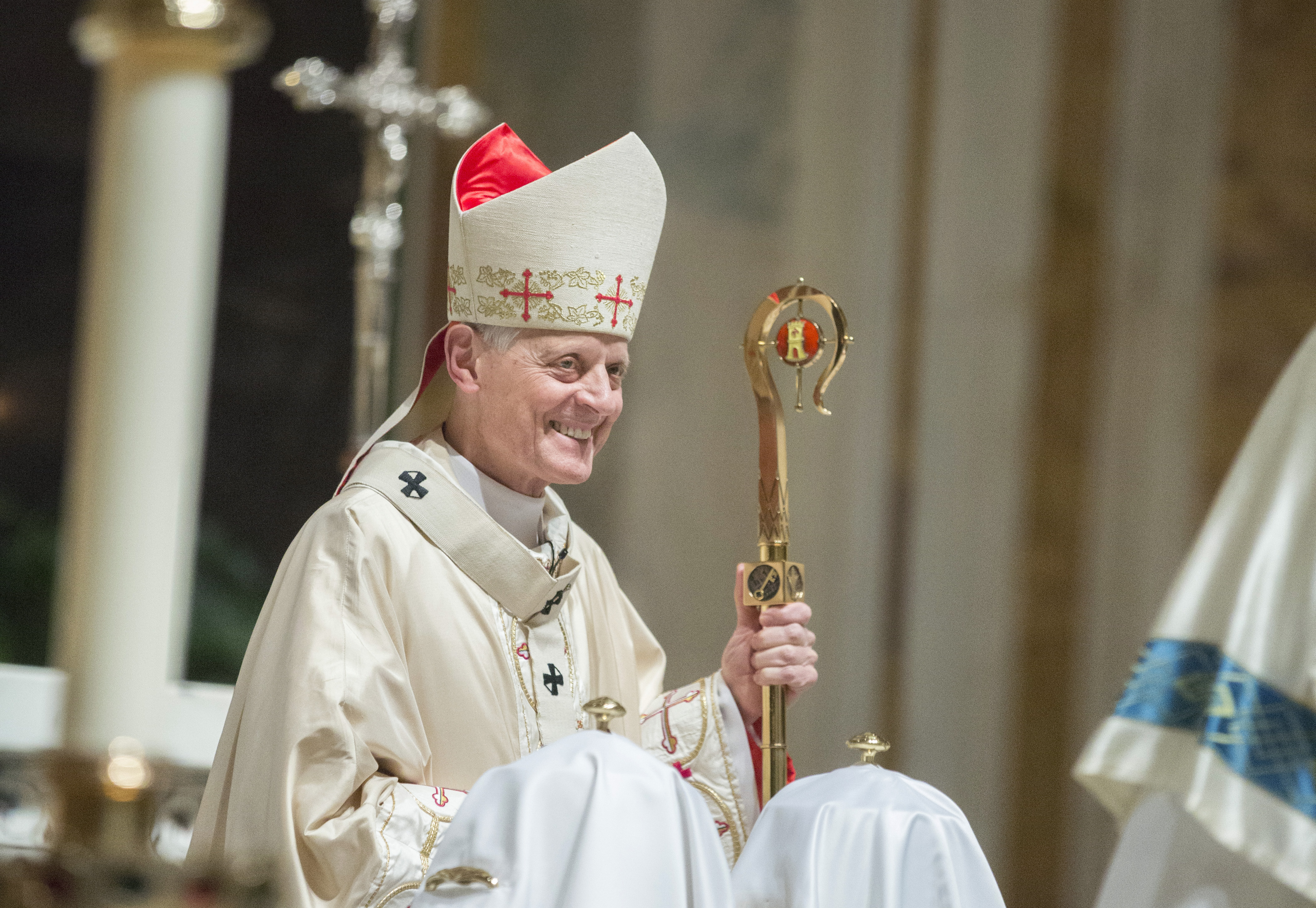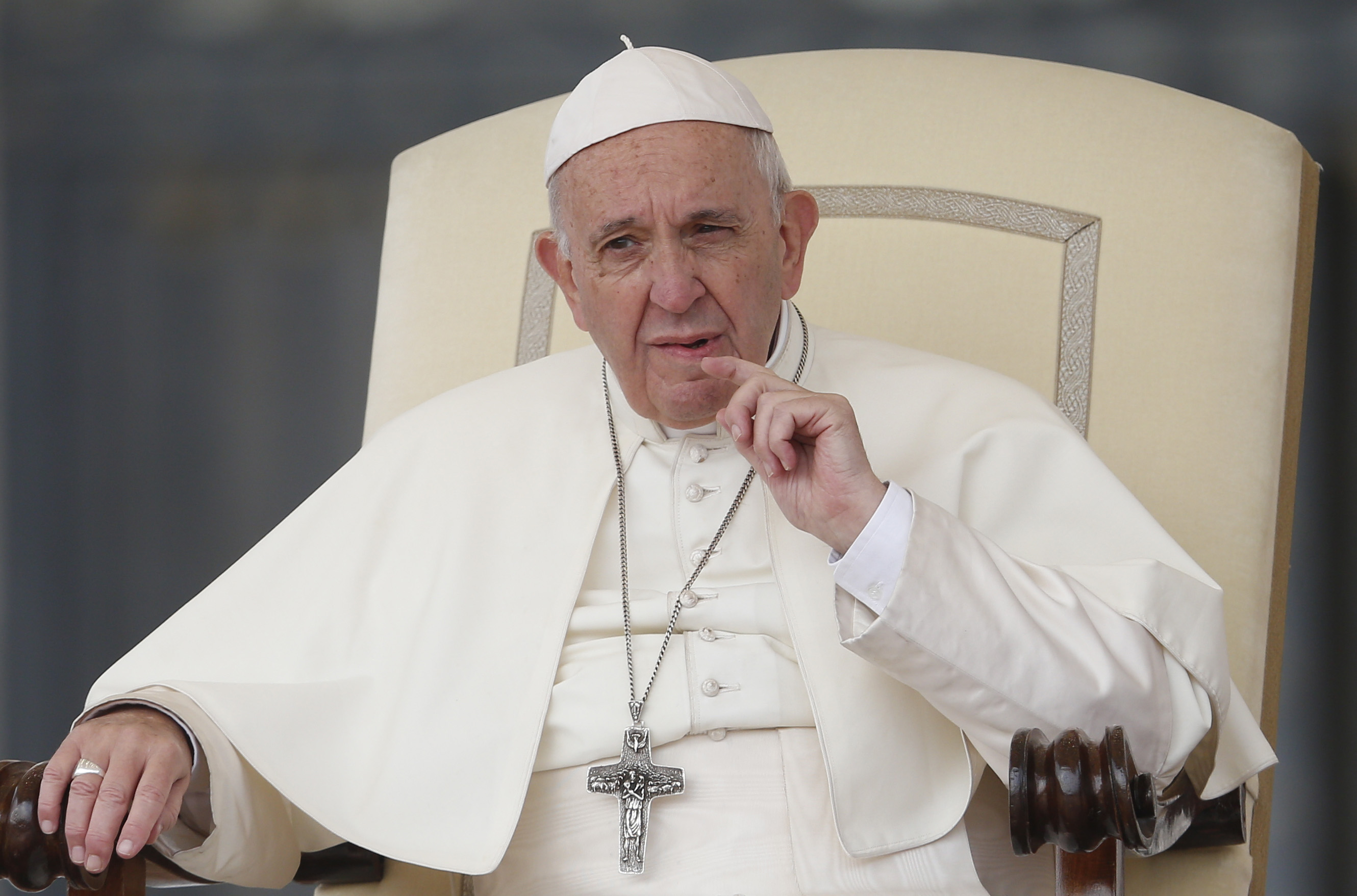‘I believe the Lord wants a change in the Church’
A private dialogue between Pope Francis and the Jesuits in the Baltics
Pope Francis: "Nearness is God’s oldest stance. He himself comes to us this way: in nearness. In Deuteronomy, God says: “Which great nation has a divinity so near to it, as the Lord our God is near to us each time we call on him?” He presents himself as the God who is near. And then he came closer: he became one of us. Synkatabasis: God became down-with-us, near in the flesh. All pastoral activity has to remember this or otherwise fail. God became near to the marginalised, to the dead – whom he raised – and to the sinners, the tax collectors, the prostitutes… The pure, the religious professionals were scandalised. If a priest ungraciously chases away a penitent, the bishop needs to ask himself if he should take away that priest’s license to hear confessions, for the confessor should be paternal. The confessor is there to embrace the prodigal son, the lost child. And always, always, if you are a father, you will always find a way to forgive. A cardinal from the Curia who confesses regularly in a Roman church once said to me: “I don’t understand how some confessors send people away. I always try and ensure that the penitent can feel at ease, can speak well. I never ask strange things. And if I can’t give that person absolution and the penitent begs forgiveness, tell me: what father does not forgive a child?” His testimony touched me. It’s clear that I am not saying that we have to be indulgent. It is true that one thing is mercy and another thing is being indulgent. We have to be fathers, merciful fathers. In Buenos Aires there is a great Capuchin confessor. There is always a long line outside his confessional. All sorts of people go to him: lay people, priests, sisters, the rich, the poor… He’s a great forgiver. To be a good confessor, you have to be a great forgiver… or be deaf! Sometimes this confessor feels the scruple of being too fatherly, too forgiving. And so he goes before the tabernacle and says: “Lord, sorry, forgive me. I forgave too much. But you gave me the bad example!” This confessor is not indulgent, but he is a truly a father."



 Loading ...
Loading ...
What do you think?
You can post as a subscriber user ...
User comments (0)